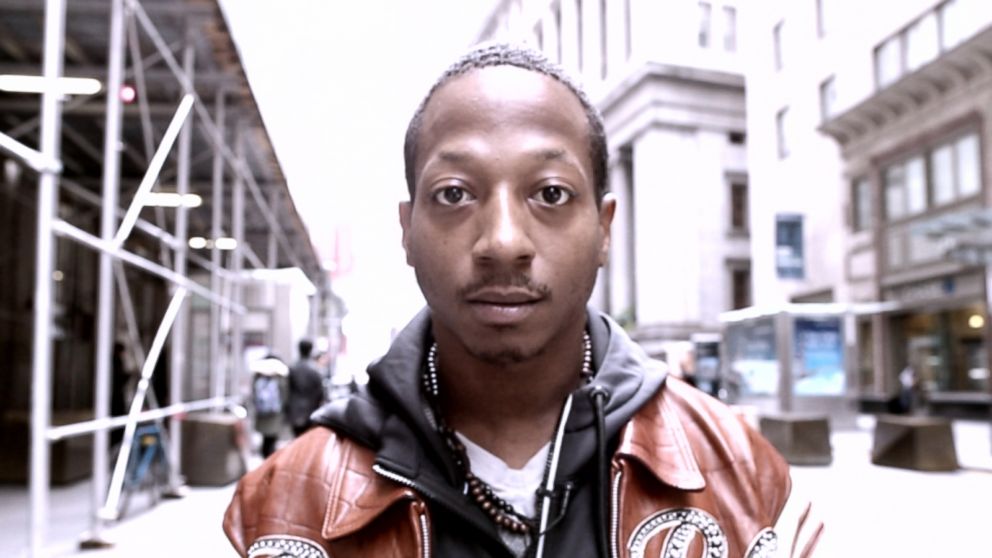In 2010, then 16-year-old Kalief Browder was accused of stealing a backpack. Because he could not pay bail, he languished in Riker’s Island for over three years of pre-trial detainment, subjected to punishing verbal and physical abuse and 400 days in solitary confinement. Then charges were dismissed, and Browder returned home. But, haunted by the trauma of his imprisonment–time served without a fair trial or conviction by a jury of his peers–he took his own life in June 2015, at the age of 22.
Kalief Browder was not the first, nor will he be the last, victim of a system that undermines the basic principle of “innocent until proven guilty” and questions the fairness we demand as a right from our criminal justice system.
Each year, tens of thousands of New Yorkers are locked behind bars for misdemeanors and non-violent felonies. A closer look reveals that their incarceration does not result from a guilty verdict, but rather from a bail system designed with little thought for the havoc it wreaks on low-income families. Cells overflow with inmates who remain locked up because they lack the money to pay an arbitrary cash bail. Almost 40% of the Rikers population is there because of an outdated method of deterring flight risks. Men and women lose their homes, jobs, families, and basic civil liberties because of the size of their bank accounts.
At a June 17th hearing exploring our current bail system, the New York Civil Liberties Union issued these, among other findings, to the NYC Council Committee on Courts and Legal Services:
- A September 2011 New York City Criminal Justice Agency Research Brief found that the difference in rates of court appearances for people held on cash bail and people released on their own recognizance is insignificant, reducing the argument for bail requirements altogether.
- Cash bail discriminates along economic and racial divides. 87% of people offered bail of $1000 or less cannot afford it. Almost one-third of people offered bail of $500 or less cannot pay. Along those lines, almost 90% of those given bail instead of release are people of color.
- The cost to taxpayers for this debunked system is immense. A May 2015 study by the Vera Institute of Justice calculates the cost of incarcerating inmates at Rikers at $571 per inmate per day. The New York City Independent Budget Office estimated the cost of holding people who are unable to afford bail at approximately $125 million per year.
The groundswell of support for reforms has led to tangible results on the local level, as entities like The Bronx Freedom Fund, Brooklyn Community Bail Fund, and the New York City Council have set in motion alternative mechanisms to cover bail for eligible individuals. Mayor de Blasio has championed change by announcing a $17.8 million plan allowing 3,000 more New Yorkers to await trial under home supervision instead of paying bail, hence avoiding pre-trial detention for non-violent offenders.
But state legislative action is required to permanently overhaul this unjust, for-profit system. We must again put pressure on Governor Cuomo to take up reforms first presented by Chief Judge Jonathan Lippman in his 2013 Annual State of the Judiciary and further refined by the Pretrial Justice Institute, which has started a petition calling on the Governor to eliminate cash bail for all New Yorkers.
We urge you to sign the petition and contact your state representatives to show them that this priority deserves their attention. You can review NYCLU’s positions HERE.
Stay tuned. And thank you for your continued willingness to stand up and be counted on issues of fundamental fairness and justice.
